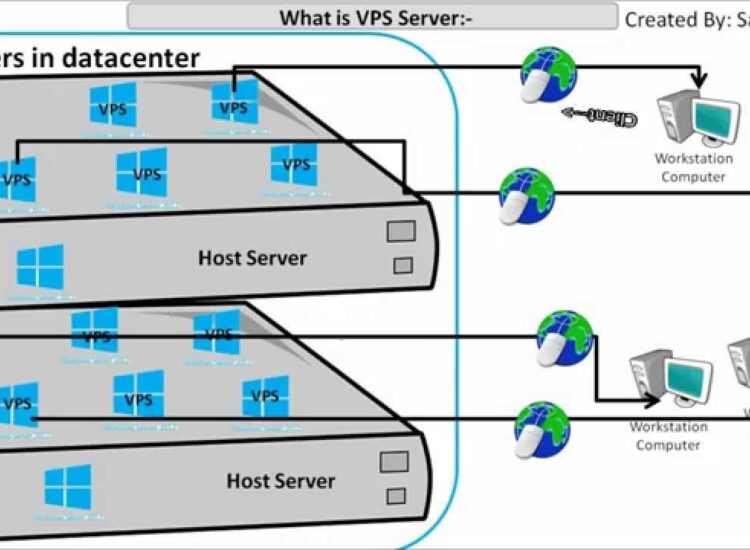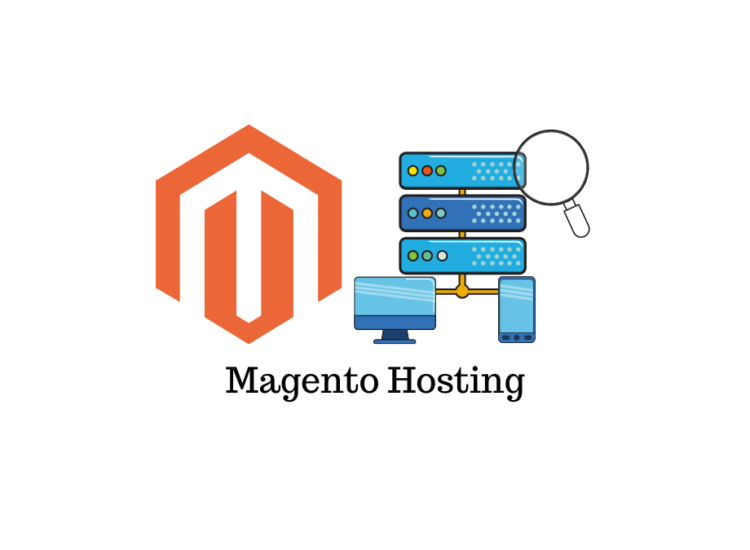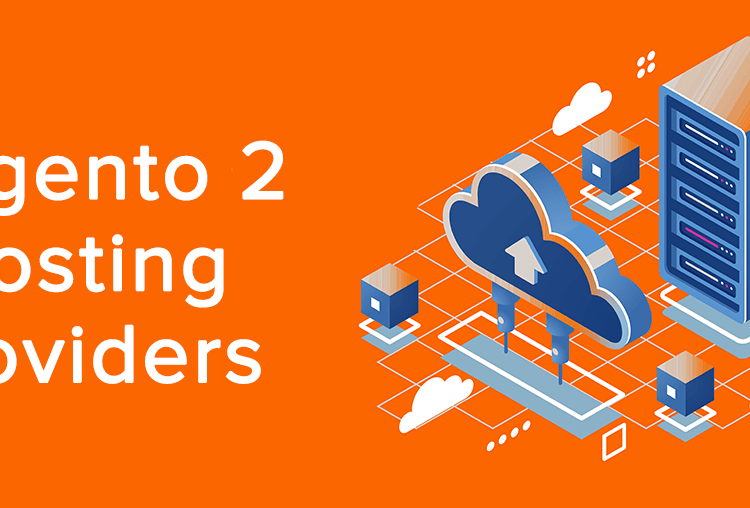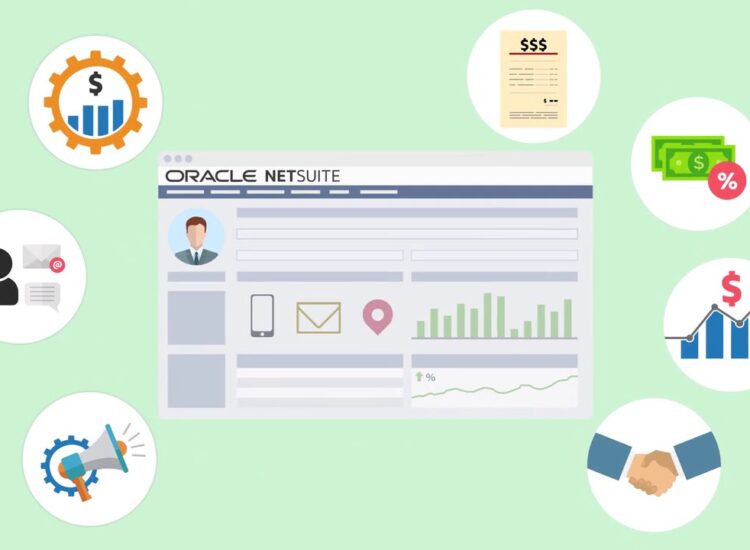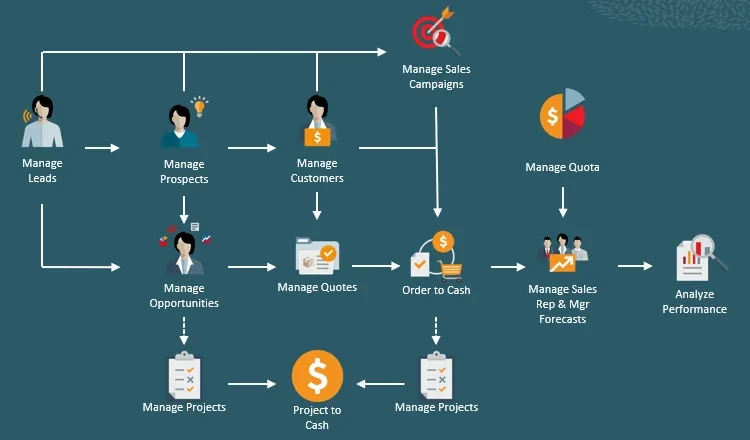Small and medium-sized businesses (SMBs) face a constant balancing act: delivering exceptional website performance without breaking the bank. cPanel VPS hosting offers a potential solution, providing dedicated resources and a user-friendly interface. However, choosing the right provider and understanding the nuances of managed versus unmanaged services presents significant challenges. This guide clarifies the complexities of cPanel VPS hosting, helping businesses make informed decisions.
Toc
- 1. Understanding cPanel VPS Hosting and its Advantages for SMBs
- 2. Choosing the Right cPanel VPS Hosting Provider for Your Business
- 3. Related articles 01:
- 4. Managing Your cPanel VPS: A Step-by-Step Guide
- 5. Related articles 02:
- 6. Security Best Practices for Your cPanel VPS
- 7. CPanel VPS Hosting Costs: A Detailed Breakdown
- 8. Conclusion
Understanding cPanel VPS Hosting and its Advantages for SMBs
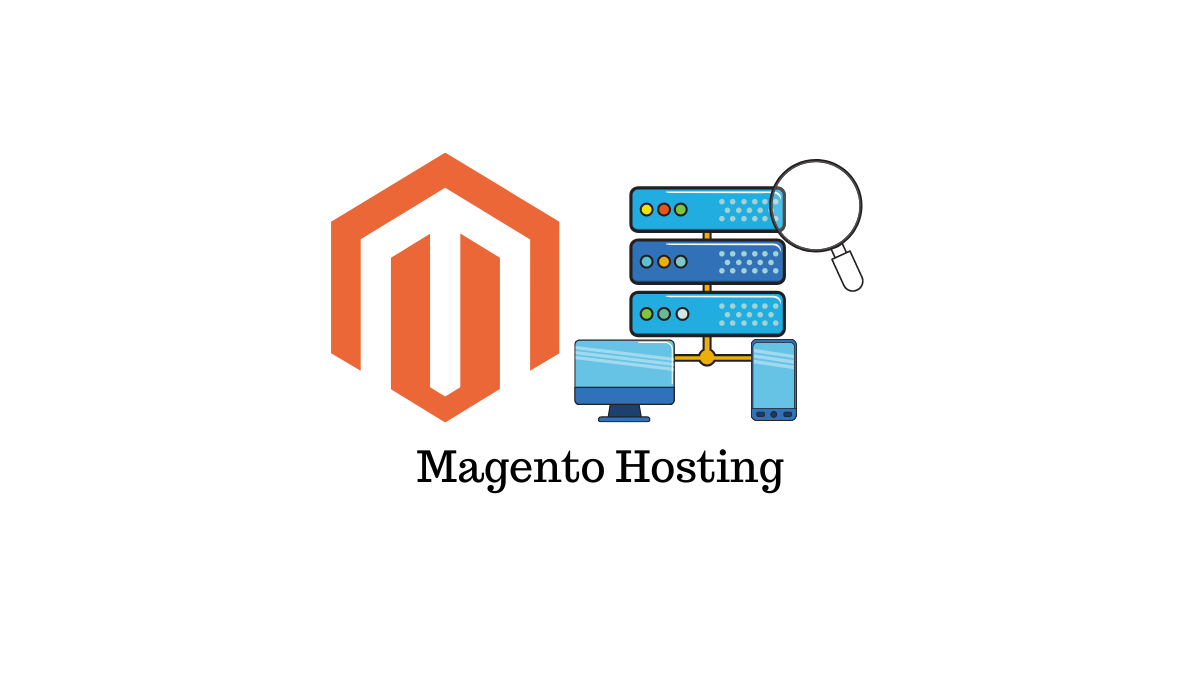
cPanel VPS hosting is a hybrid solution that combines the best features of shared and dedicated hosting. Unlike shared hosting, where multiple users share server resources, cPanel VPS hosting allocates dedicated resources to each user, ensuring enhanced performance and security. This is particularly beneficial for SMBs that require more control and flexibility over their hosting environments.
Benefits of cPanel’s User-Friendly Interface
The cPanel interface simplifies website management, making it accessible even for those with limited technical knowledge. Users can easily manage their websites, emails, and databases through an intuitive dashboard. This ease of use is essential for SMBs that may not have a dedicated IT team, allowing them to focus on their core business operations.
Scalability and Cost-Effectiveness
Scalability is a crucial advantage of cPanel VPS hosting. As your business grows and traffic fluctuates, you can seamlessly upgrade your resources without significant downtime or disruption. This flexibility is vital for SMBs that need to adapt quickly to changing demands.
However, it’s important to note that while cPanel VPS offers scalability, significant scaling beyond a certain point might necessitate a migration to a more robust solution like a dedicated server or cloud infrastructure. This transition could incur costs and potential downtime, making it essential to plan ahead.
Moreover, cPanel VPS hosting is generally more cost-effective than dedicated servers, making it an attractive option for SMBs. By choosing the right plan, businesses can enjoy the benefits of dedicated resources without the high costs associated with dedicated hosting solutions.
Choosing a Reliable Provider
Selecting a reliable cPanel VPS hosting provider is paramount for your business’s success. Look for providers that offer excellent customer support, as well as features that cater specifically to the needs of SMBs. This includes security measures, uptime guarantees, and scalable plans.
Uptime SLAs (Service Level Agreements)
One critical aspect to consider is the provider’s uptime SLA. A strong uptime guarantee (often 99.9% or higher) ensures that your website remains accessible to users. For example, providers like A2 Hosting and InMotion Hosting are known for their robust SLAs, promising minimal downtime and high reliability. A reliable uptime guarantee is essential; any downtime can result in lost revenue and diminished customer trust.
Security Features
When evaluating providers, it’s crucial to consider security measures beyond basic protections like firewalls and DDoS protection. Look for providers that implement proactive security measures, such as intrusion detection systems (IDS) and regular security audits. Compliance with standards like PCI DSS (Payment Card Industry Data Security Standard) is also vital, especially if your business handles sensitive customer information. Ensuring your provider has these measures in place can significantly enhance your data protection.
Choosing the Right cPanel VPS Hosting Provider for Your Business
When selecting the best cPanel VPS hosting provider, several key factors must be considered:
Pricing Models
Understanding cPanel VPS hosting price structures is crucial. Compare different providers to find a plan that fits your budget. Look for transparency in pricing, including monthly or yearly fees, and be wary of potential hidden costs. Realistic cost estimates for SMBs can range from $10 to $50 per month, depending on the resources and features included in the plan.
1. https://hami.vn/mmoga-aws-virtual-private-server-a-comprehensive-guide-for-small-businesses/
2. https://hami.vn/mmoga-cheap-reseller-hosting-a-guide-for-freelance-web-designers/
3. https://hami.vn/mmoga-mastering-iaas-in-cloud-computing-a-guide-for-it-managers/
4. https://hami.vn/mmoga-godaddy-virtual-private-server-the-ultimate-guide-for-e-commerce-businesses/
5. https://hami.vn/mmoga-iaas-paas-and-saas-a-deep-dive-for-it-managers/
Server Location
The physical location of data centers can significantly impact website speed and latency. Choosing a provider with servers located near your target audience can improve load times, enhancing user experience. For example, if your primary audience is in the U.S., selecting a provider with data centers in North America can be beneficial.
Uptime Guarantee
An uptime guarantee is essential for ensuring your website remains accessible to users. Look for providers that offer a high uptime guarantee, as any downtime can result in lost revenue and diminished customer trust.
Customer Support
Responsive customer support is vital for addressing any issues that may arise. Ensure your chosen provider offers 24/7 support, allowing you to resolve problems quickly. This is particularly important for SMBs that may not have extensive IT resources.
Security Features
Security should be a top priority. Evaluate the security measures offered by the provider, such as firewalls, DDoS protection, and regular backups. These features are essential for protecting sensitive business data.
Current Trends in Hosting Technology
As technology evolves, trends such as the increasing adoption of serverless architectures and containerization (e.g., Docker, Kubernetes) are gaining traction. While cPanel is traditionally associated with virtual private servers, the rise of containerization offers alternative approaches to managed hosting that might be more efficient for specific use cases. Staying informed about these trends can help you make a more future-proof hosting decision.
Managing Your cPanel VPS: A Step-by-Step Guide
The cPanel Login Process
Accessing your cPanel account is straightforward. After purchasing a cPanel VPS hosting plan, you’ll receive login credentials from your hosting provider. To log in:
- Open your web browser and enter your server’s IP address followed by “/cpanel” (e.g., http://your-ip-address/cpanel).
- Enter your username and password provided by your host.
- Once logged in, you’ll be greeted by the cPanel dashboard, where you can manage your website and server settings.
Essential cPanel Management Tasks for SMBs
Once logged in, you can perform several essential management tasks, including:
Creating and Managing Email Accounts
Set up professional email addresses associated with your domain to enhance your brand’s credibility. This task can be accomplished easily through the cPanel dashboard, where you can create, delete, or modify email accounts as needed.
Managing Databases
Utilize phpMyAdmin to create and manage MySQL databases effectively. This is particularly useful if you’re running content management systems like WordPress or Joomla that require database management.
Installing Applications
With Softaculous, installing popular CMS platforms like WordPress is a breeze, allowing you to get your website up and running quickly. This tool simplifies the installation process for a variety of applications, making it a valuable asset for SMBs.
File Management
Easily upload, delete, and manage files through the intuitive File Manager. This feature allows you to manage your website’s files without needing to use FTP clients.
1. https://hami.vn/mmoga-cheap-reseller-hosting-a-guide-for-freelance-web-designers/
2. https://hami.vn/mmoga-iaas-paas-and-saas-a-deep-dive-for-it-managers/
3. https://hami.vn/mmoga-mastering-iaas-in-cloud-computing-a-guide-for-it-managers/
4. https://hami.vn/mmoga-godaddy-virtual-private-server-the-ultimate-guide-for-e-commerce-businesses/
5. https://hami.vn/mmoga-aws-virtual-private-server-a-comprehensive-guide-for-small-businesses/
Setting Up and Managing SSL Certificates
Ensure secure communication between your website and users by setting up SSL certificates. This is crucial for protecting customer data and enhancing trust.
Backing Up Website Data Regularly
Implement a backup strategy to safeguard your data. Regular backups ensure that you can quickly restore your website in case of data loss, giving you peace of mind.
Troubleshooting Common cPanel Issues
While using cPanel is generally user-friendly, issues may arise from time to time. Common problems include:
- Login Issues: If you can’t access cPanel, double-check your credentials and ensure you’re using the correct URL.
- Email Delivery Problems: Ensure your email settings are correctly configured, including DNS records.
- Website Errors: If your website is down, check server logs for error messages and consult your hosting provider’s support for assistance.
Security Best Practices for Your cPanel VPS
Importance of Security for SMBs
With cyber threats on the rise, prioritizing security is crucial for businesses of all sizes. SMBs often possess sensitive customer data, making them attractive targets for hackers. Implementing robust security measures is essential for protecting your business and maintaining customer trust.
Essential Security Practices
To enhance the security of your cPanel VPS hosting, consider the following best practices:
- Use Strong Passwords: Ensure that all accounts, including cPanel and email accounts, are secured with strong, unique passwords.
- Implement Regular Backups: Regular backups ensure that you can quickly restore your website in case of data loss.
- Configure Firewalls Effectively: Set up a firewall to protect your server from unauthorized access and potential threats.
- Utilize SSL Certificates for Secure Connections: SSL certificates encrypt data transmitted between your server and users, enhancing security.
- Keep Software Updated: Regularly update all software to mitigate vulnerabilities.
- Monitor Server Logs for Suspicious Activity: Regular monitoring can help identify potential threats before they escalate.
Neglecting security can lead to severe consequences, including data breaches, financial losses, and reputational damage.
CPanel VPS Hosting Costs: A Detailed Breakdown
Understanding cPanel VPS Hosting Costs
The cost of cPanel VPS hosting varies based on several factors, including the level of resources allocated, the provider, and any additional features included in the plan. Here’s a breakdown of potential costs:
- Initial Setup Fees: These may include one-time fees for setting up your VPS and cPanel.
- Recurring Monthly or Annual Fees: Ongoing costs for maintaining your hosting plan.
- Costs of Additional Features: Consider any additional features you may want, such as increased storage, bandwidth, or managed services.
- Potential Hidden Costs: Be aware of any extra charges that may apply.
Realistic cost estimates for SMBs can range from $10 to $50 per month for entry-level plans, depending on the resources and features included in the plan.
Managed vs. Unmanaged cPanel VPS Hosting
Understanding the differences between managed and unmanaged cPanel VPS hosting is essential for making the right choice. Managed services include support for server management, security updates, and troubleshooting, making them ideal for those who prefer to focus on their core business activities. However, it’s important to recognize that while managed services offer convenience, they often come at a higher price point than unmanaged services. SMBs with in-house technical expertise might find unmanaged solutions more cost-effective, allowing them greater control without incurring additional costs.
Conclusion
This guide provided a comprehensive overview of cPanel VPS hosting, focusing on its benefits for SMBs. We’ve covered choosing the right provider, managing your server, ensuring security, and understanding the associated costs. By following the advice presented, SMBs can confidently leverage cPanel VPS hosting to establish a strong online presence and support their business growth. Start exploring your options today and find the perfect cPanel VPS solution to meet your business needs.

